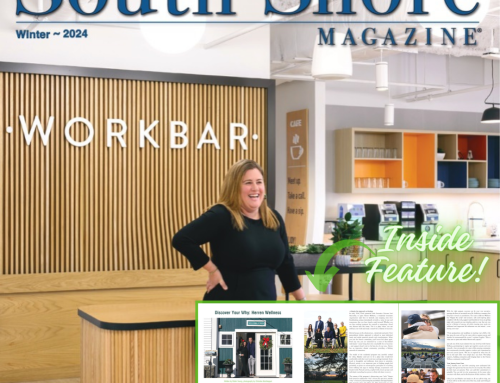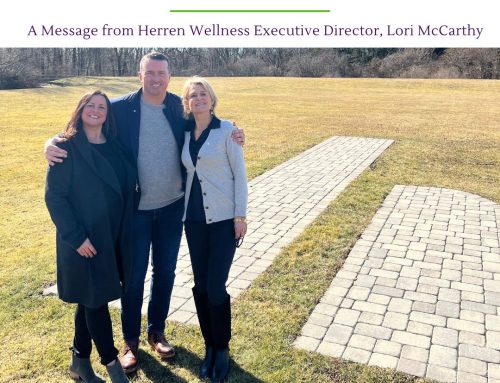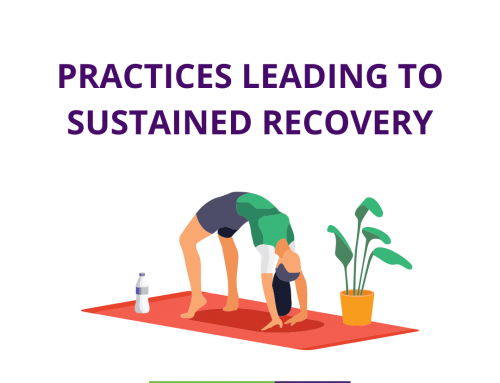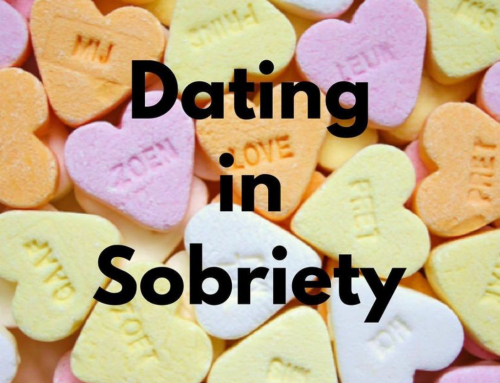Living in quarantine may have created physical, financial, and emotional challenges. As the restrictions have slowly decreased many people have begun to phase back into a more normal-feeling daily routine.
This sounds like great news, right?
As a whole returning to some semblance of normalcy is a welcome turn of events, for others coming out of quarantine is also taking a toll on their emotional health.
Uncertainty About Coming Out of Quarantine
There is still a lot of uncertainty about what is safe. Especially for people with health conditions that put them in a higher-risk group, there is the very real concern about contracting the virus even with all the appropriate precautions.

Even for people without specific health concerns, the idea of coming out of quarantine may be causing fear, stress, and anxiety. As hard as it was to adjust at the outset of quarantine, it will also take time to adjust to a return to daily life.
While the beginning of quarantine was scary and uncertain, there was a sense that we were all in it together. Coming out of quarantine is a different story, however, because every geographic region, employer, school, and person has a different outlook on what is safe and what isn’t and a different plan to address risk reduction.
It will take time to find our way back and reconnect with life. Having a plan for how to do this, while protecting your emotional and physical health, helps to reduce stress and anxiety.
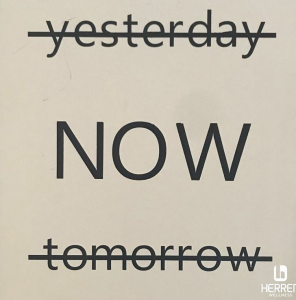
Dreading Re-Entry
For some people, especially those with social anxiety, lock-down actually reduced day-to-day anxiety. While the stress of dealing with a potentially deadly virus is real, there was a simplicity to lock-down and predictability to each day. Reintroducing the complexities of daily life, when there is still a lot that is not known about what is safe, means coming out of quarantine may be more stressful than adjusting to lockdown in many ways.
Why Coming Out of Quarantine May Be Stressful
If you are feeling anxious coming out of quarantine, here are some things you may be concerned about:
- Is it really safe? Being confined to home is difficult, but it feels safer and it’s an environment you can control. The lack of consistent information about proven safety methods may leave you wondering if it’s truly safe to re-emerge. While social distancing, wearing a mask and hand-washing measures are in place, each person is handling their diligence about these differently. Remember you can only control your response and take the proper measures to keep you and your family safe.
- I feel a lack of control. The concept of social distancing requires self-enforcement and a high degree of trust amongst strangers. There is no consistency in how social distancing is enforced, and this may leave you feeling a destabilizing lack of control over even the most basic things. Feel comforted that you can control your spacing and adjust your walking pattern or move your seat if you feel uncomfortable
- Which information can I trust? We are all experiencing information overload. There is no single source of information about what to do that we can rely on, and inconsistent messages from federal, state, and local officials. The absence of a single, reliable source of information can elevate anxiety. Turn to trusted information sources and limit your time watching the news or opinion shows.
- I don’t have a choice. The pandemic imposed significant financial challenges on many people. Many people do not have the financial ability to continue to remain in quarantine as employers start re-opening. This can exacerbate feelings of powerlessness, fear, and lack of control. Come up with your personal safety plan. Identify your concerns and talk with your employers to address the challenges head-on.
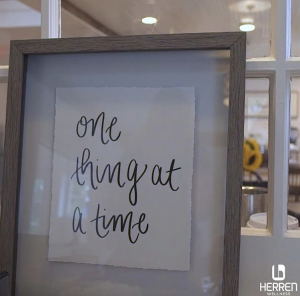
How to Manage Anxiety About ‘Getting Back to Normal’
While we may not have control over everything, there are some things we can control, and manage. One of the most powerful antidotes to fear and anxiety is to plan for the things you can control, instead of focusing on the things you can’t.
Pace Yourself: When it comes to reconnecting with friends and family, or for any social occasion, you have control over what is acceptable to you. Talk to you family and friends about what you are comfortable with, and put up clear, firm boundaries. If you are feeling pressured by someone close to you, talk to them about why you feel the way you do, and share your plan with them so they understand.
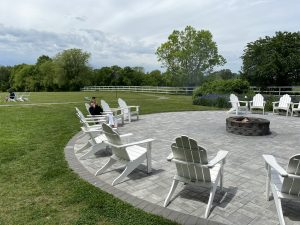
Be Proactive: If you feel anticipatory anxiety about specific events, like an impending returning to work or school, talk with people about how you feel. Keep an open dialogue going so you can discuss options together and come up with a plan that works for everyone. It’s important to avoid assuming you have no choice; this is all new to everyone so there may be solutions you haven’t thought of that could help. Don’t wait until it’s a bigger problem before expressing how you’re feeling.
Start Varying Your Routine: By now you’ve likely settled into a predictable ‘quarantine routine’. Start changing up this routine a little, and safely push yourself to gradually try new things.
Don’t Isolate: One of the most important things you can do is reach out to people for help. You may be physically isolated, but this doesn’t mean you can’t communicate with people through phone, text, video call, or in-person with social distancing. Talk to your employer, friends, or community about how you’re feeling, and ask other people who are experiencing similar emotions what they do that helps them. You don’t have to face this alone.
If You Need Help, Ask for Help: It is OK to ask for help, to join a support group or seek treatment for anxiety or emotional wellness at any stage. Remember that we all respond to challenges differently and each person has their own timeline to recovery. Don’t rush the process, take time to identify the “why” and re-discover yourself.
About Herren Wellness
When you come here, you are immediately connected with a thriving community of people at all stages of their recovery journey. We introduce healthy habits and routines centered around emotional, physical, and spiritual wellness that provide a solid foundation for rediscovering your interests, experiencing joy in sobriety, and building structure and routine.
We provide several alumni support communities, including a weekly recovery support group, monthly alumni meeting, and online alumni community you can access anytime. Your connection to Herren Wellness doesn’t end when your stay ends; we are there for you throughout your recovery journey.
If you, or a loved one, are looking for help, please call us at (844) 443-7736, email us at info@herrenwellness.com, or fill out a contact form. You are not alone.


